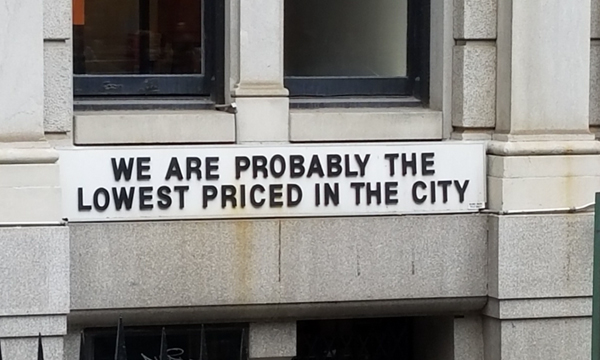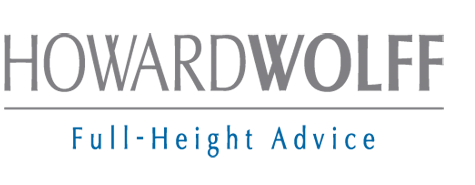
24 Jan When a Client Says, “Your Fee is Too High”
My advice is to ask, “Compared to what?”
Or, try this variation: “Can you help me understand what you mean?”
If you ask the client to articulate what’s behind the concern about fee, you can have a conversation. It helps to think in terms of building a relationship not just winning a job.
Either way, the client will offer one of several answers. When you have more information, you can determine the best strategy for either making the sale or walking away from the project.
If the answer to the question is “compared to firm XYZ,” and your firm is the one the client would prefer to work with, ask if you can see XYZ’s proposal. Then, you can make sure the client is comparing apples and apples, and you can look at adjusting scope, if necessary.
These days, there are, indeed, firms who deliberately and strategically low-ball fees to get work. I think it’s fair to point that out to a client while raising a seed of doubt in his or her mind about the long-term viability of that approach. The truth is, it may be part of a strategy to keep people busy rather than laying them off, or it could be an attempt to buy the work as part of an effort to enter a new market. Some firms use this deep-discounting approach as a way to get their foot in the door and hope to make up for their losses later on. The problem is that creates unrealistic expectations on the part of clients and is unsustainable in the long run.
Back to the answers you might hear …
If the answer is “compared to what I expected,” you can ask how they came to expect what they expected and discuss what other types of firms they have worked with and the level of product and service they are hoping to get. This will give you a clue as to their level of sophistication and a sense of who your competitors might be.
If the answer is, “compared to our budget,” ask the client to share the number and have a conversation about if and/or how the scope might be adjusted to meet the budget.
If you suspect that it’s just an opening gambit in a negotiation game, determine if you want to play that game. These clients want to feel that they’re getting a deal. But don’t rush to discount without first determining if you’re the client’s first choice.
If clients raise a price objection BEFORE making their decision (rather than telling you after someone else was selected), think of it as a gift. It’s a great opportunity to engage them in a dialogue, educate them about the value you offer, and build a relationship … whether or not you get this particular job.
What are your thoughts? Please share your tales from the trenches with me at howard@howardwolff.com.


